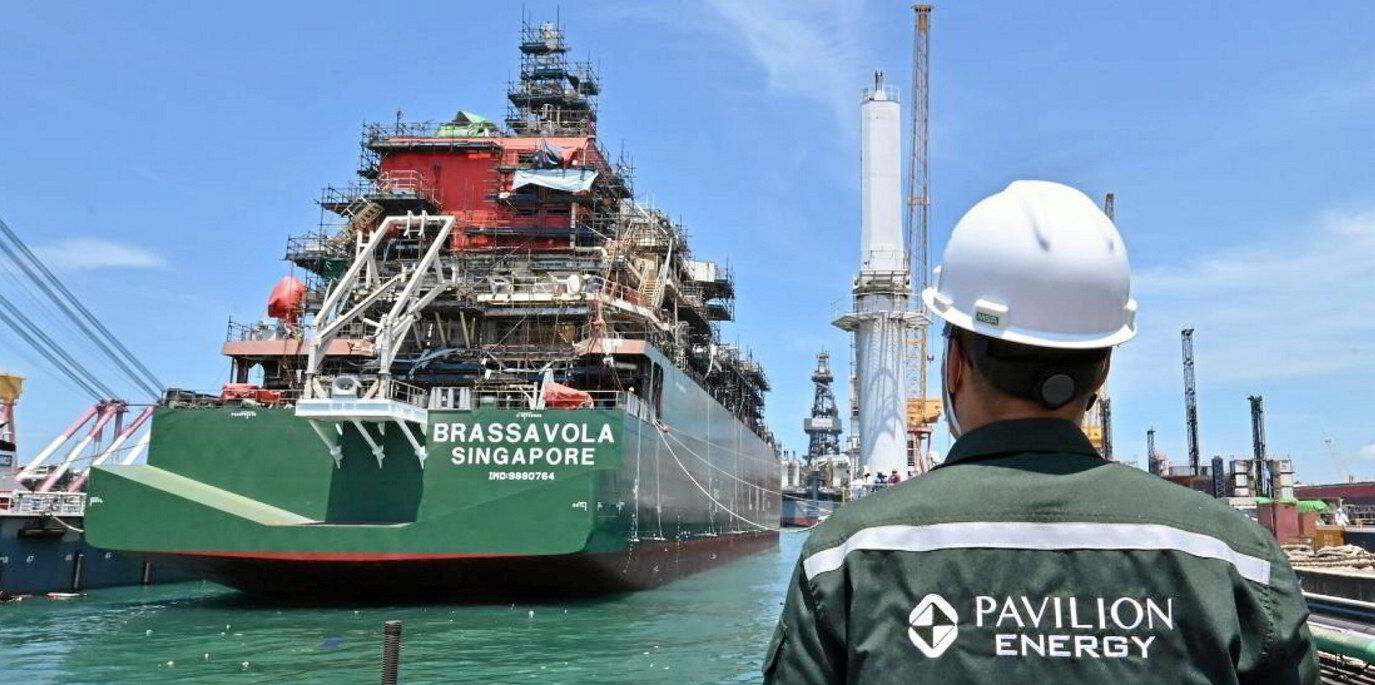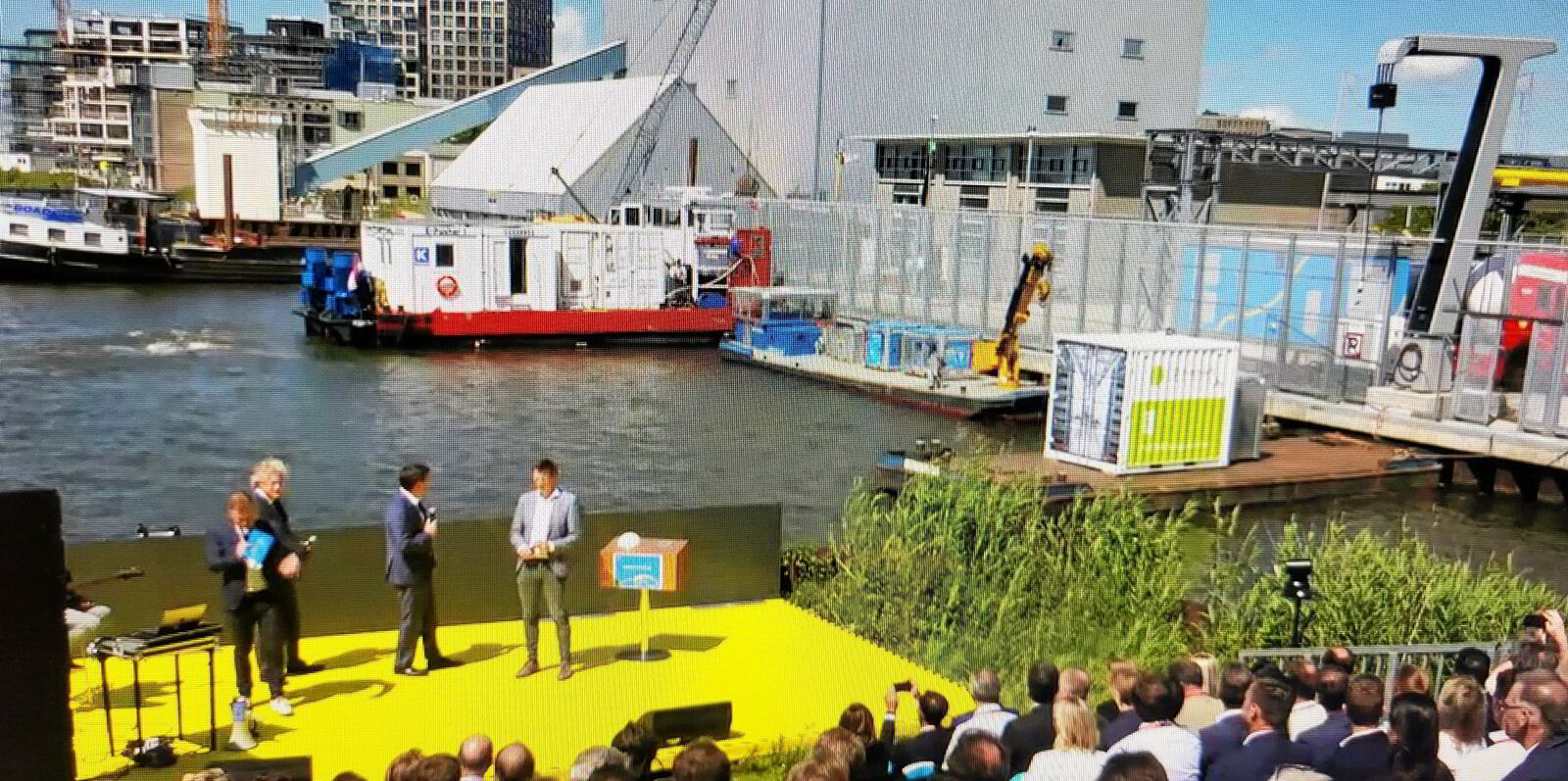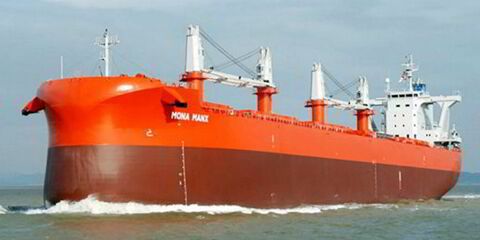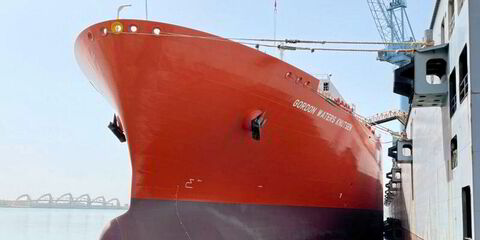Shell has signed its deal to buy Singapore’s LNG business Pavilion Energy as the energy major grows its gas interests.
It said on Tuesday that its subsidiary, Shell Eastern Trading, had reached an agreement with Carne Investments, a subsidiary of Singapore’s sovereign wealth fund Temasek, to buy 100% of Pavilion’s shares.
It said Pavilion includes a global LNG trading business with a contracted supply volume of about 6.5m tonnes per annum, along with shipping, natural gas supply and marketing activities in Asia and Europe.
Shell plans to grow its LNG business by 20% to 30% by 2030, compared with 2022.
The company said its purchased LNG volumes are planned to grow by 15% to 25%, relative to 2022. “This transaction is expected to help deliver these targets,” it said.
Shell will also acquire Pavilion’s time charter contracts on three M-type, electronically controlled gas-injection LNG carriers, two tri-fuel diesel-electric vessels and an LNG bunkering business.
Pavilion’s assets include a long-term regasification capacity of about 2 mtpa at the Grain LNG terminal in the UK and regas access in Singapore and Spain.
Its pipeline gas business is not included as part of the transaction and will be transferred to Temasek before completion.
Shell will also not acquire Pavilion’s 20% shareholding in blocks 1 and 4 in Tanzania. No details for the future of this stake were given.
Shell integrated gas and upstream director Zoe Yujnovich said: “The acquisition of Pavilion Energy will strengthen Shell’s leadership position in LNG, bringing material volumes and additional flexibility into our global portfolio.
“We will acquire Pavilion’s portfolio of LNG offtake and supply contracts, which includes additional access to strategic gas markets in Asia and Europe.”
Shell said the deal is expected to be completed in the first quarter of 2025. It said the integration of portfolios will start after this, subject to regulatory approvals and fulfilment of other conditions.
The company said the acquisition will be absorbed within its cash capital expenditure guidance, which remains unchanged.






